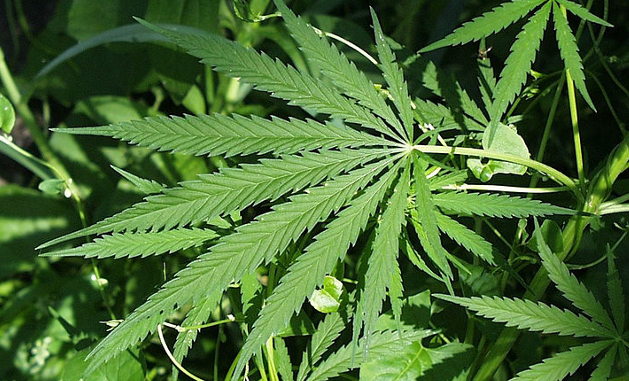On November 3, Arizonans will decide a ballot initiative, titled Proposition 207, to legalize the possession and use of marijuana for persons who are at least 21 years old, enact a tax on marijuana sales, and require the state Department of Health and Human Services to develop rules to regulate marijuana businesses.
Proposition 207 is the first statewide initiative to be certified for the ballot in Arizona in 2020; three additional ballot initiatives are undergoing signature checks as of August 11.
On August 10, Secretary of State Katie Hobbs announced that 255,080 signatures were projected to be valid—17,435 more than the minimum requirement of 237,645. On July 1, 2020, the campaign behind Proposition 207, Smart and Safe Arizona, filed 428,481 signatures.
Proposition 207 will be the second time that Arizonans address a marijuana legalization proposal at the ballot box. In 2016, a citizen-initiated measure, titled Proposition 205, was defeated, with 51.3% voting “No.” Arizona was one of five states to vote on a citizen-initiated legalization measure in 2016. Voters in neighboring California and Nevada, along with Maine and Massachusetts, approved their respective ballot measures.
Stacy Pearson, a political consultant for Smart and Safe Arizona, said that Proposition 207 “incorporates lessons learned from the 2016 campaign, as well as from other states that have already legalized cannabis.” One of the differences between Proposition 205 and Proposition 207 is the proposed regulatory structure. Whereas Proposition 205 would have established a new government agency, the Department of Marijuana Licenses and Control, Proposition 207 would make the Arizona Department of Health and Human Services responsible for adopting rules to regulate marijuana. The excise tax on marijuana sales is also 1 percentage point higher—16%—under this year’s proposal.
Lisa James, chairperson of Arizonans for Health and Public Saftey, and six other individuals are seeking a court order to remove the initiative from the ballot. Plaintiffs argued that the ballot initiative is invalid because, according to the plaintiffs, “the measure’s 100-word summary is materially misleading and creates a substantial danger of fraud, confusion and unfairness.” On August 7, 2020, Superior Court Judge James Smith ruled in favor of the defendants, stating that the ballot language was sufficient. On August 11, James appealed the superior court’s ruling to the Arizona Supreme Court.
Smart and Safe Arizona raised $3.48 million through the most recent campaign finance filings on July 18. The deadline for the next scheduled reports is October 15, 2020. Harvest Enterprises, which is a marijuana business based in Tempe, contributed $1.43 million to Smart and Safe Arizona.
Arizonans for Health and Public Safety, which opposes Proposition 207, raised $142,065. The Center for Arizona Policy provided $100,000 of the opposition campaign’s funds.
In 2016, opponents raised $6.37 million in their effort to defeat Proposition 205, while supporters raised $6.55 million.
Eleven states and Washington, D.C., have legalized the possession and personal use of marijuana for recreational purposes. Except in Illinois and Vermont, marijuana was legalized through the ballot initiative process.
In 2020, New Jersey and South Dakota voters will vote on ballot measures to legalize recreational marijuana in November. Signatures have also been submitted for a legalization initiative in Montana.


